Welcome to the Aphasia Threads Project, which weaves together three points-of-view: people with aphasia, caregivers, and the professionals who help each family navigate aphasia. Each week, we bring together three unrelated stories, one from each member of this triad, to learn from their experience. This week, we’ll hear from Leslie, a person with aphasia after two strokes. Then, we’ll hear from Les, who is a caregiver for their partner. Finally, we’ll hear from Sara, a speech-language pathologist.

Person with Aphasia
I have had two strokes, and it seems my aphasia stems from my February 2018 left-brain stroke, which slapped my brain with a 2×4 board. I have had Type 2 diabetes since I was diagnosed in March 2006 at age 46. Even with diabetes, I felt I was still reasonably rather healthy. I weighed around 170 lb, at 5’8″, and I was a gym rat going back into the 1980s.
I thought I ate reasonably well. I was strong, a runner, a long-distance cyclist, and I was approaching my 2015 retirement as 32 years in retirement as a teacher of English and Spanish. I thought I was headed into enjoying a great retirement, and suddenly, my first stroke punched my brain in February 2018. Then, the second stroke struck me in 2019—this time in my right brain.
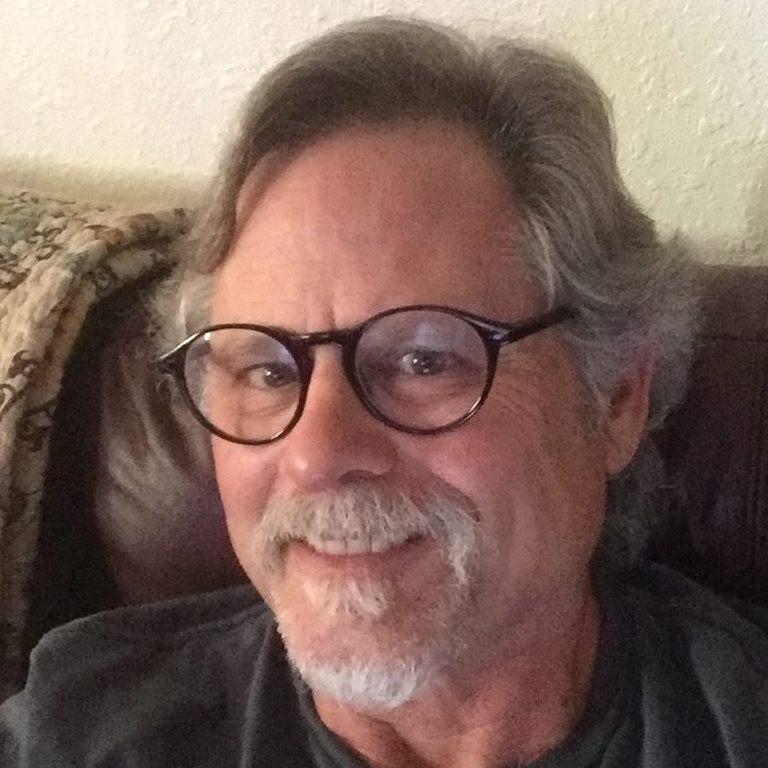
Aphasia Changes Your Life
I am slow at finding words. I was a teacher of English and Spanish, considered myself a linguist, and I loved words, writing, reading, and learning. Since the first stroke and aphasia, my thought processes are much slower than I was accustomed to as a teacher of words.
Especially complex writing is difficult for me. I also have to read slowly, repeatedly reading difficult passages. Too often, I can’t choose words I want to communicate with. Editing is time-intensive. Aphasia is a disability.
But There Are Things That Help
I use my computer and phone to use Google many times per day. While lying in the hospital bed, using technology was instrumental in helping me find words when I sometimes could not find suitable words to use.
And Things You Learn Along the Way
Stick at it. Don’t become frustrated because thought processes can become more efficient through practice.
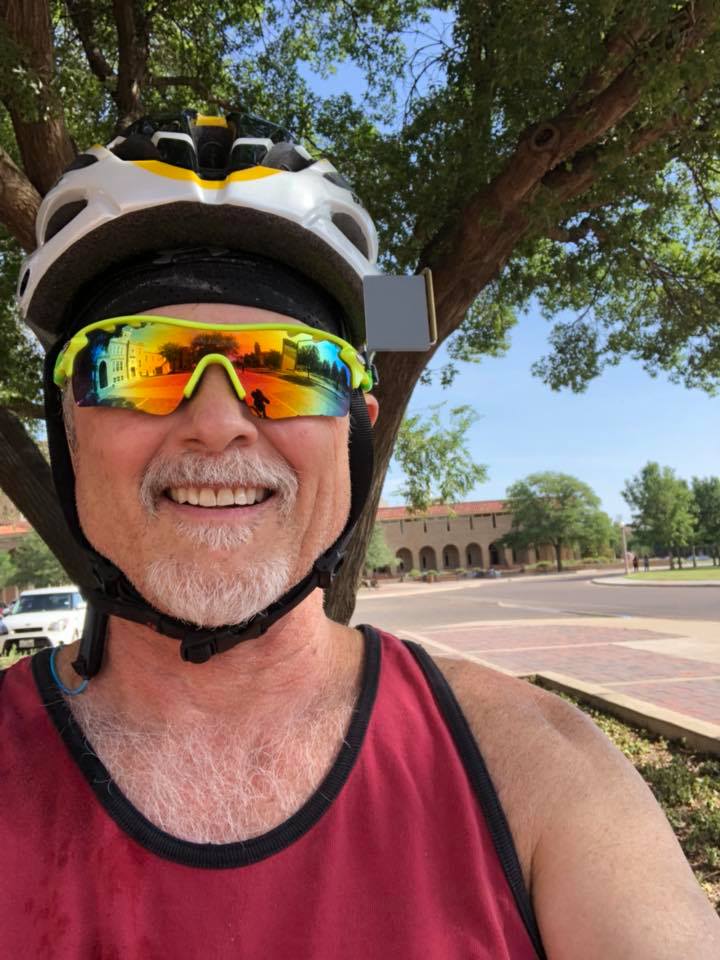
What Caregivers and Professionals Can Learn From Me
Realize that anyone can experience a stroke, restricting life as before. Help aphasia patients to reach their potential and want to communicate better.
In this writing, at this moment, I am pushing to find words that are in my brain, but I can’t quite see them, find them as I did before aphasia. The word I was looking for took about 20 minutes: initiation.

Caregiver
First and foremost, my experience with aphasia is not stroke-related. I noticed my spouse struggling to find the correct word(s) to use over a year or so.
Aphasia Changes Your Life
When my spouse talks, I must decipher her meaning and formulate a sentence so we are on the same page. This impacts my thought process and reduces the efficiency of our day. It’s very frustrating.
But There Are Things That Help
I haven’t used any tools or apps. My spouse is in denial that anything is impeding her thought process. She can get very agitated if I approach the subject.
And Things You Learn Along the Way
Be patient. Be aware that the person is the same yet not the same. Communication becomes a chore; a difficult process in which both parties must struggle to come to an understanding. Love them for who they are AND who they were.
What People with Aphasia and Professionals Can Learn From Me
As a caregiver, you sacrifice much of your day attempting to help your loved one communicate and remember what their mission is moment by moment. It is exhausting throughout the day. Caregivers need to break away and find time for themselves and normal activities which are not possible. In my situation. I am with my spouse 24/7. I feel like a babysitter. I have to endure the depression and comfort her in her time of need. I have to reassure her that I will never leave her. She is very fearful of going into an assisted facility and has assured her that I will care for her always. Mood swings are inevitable. I must absorb verbal abuse because she needs to belittle me for some unknown reason.
This is an insidious disorder. Fear it but respect it. Aphasia changes the lives of all associated with the person with aphasia.

Professional
From the minute I heard about aphasia in grad school, I knew it was what I was most interested in. I was lucky enough to work at the University of Central Florida’s Aphasia House in the intensive aphasia program and became exposed to the various types and treatments of aphasia for the first time. It’s so interesting to learn about the different types of aphasia and common treatments for each. All the types present so differently and each patient with aphasia is so unique; it will always keep you on your toes.
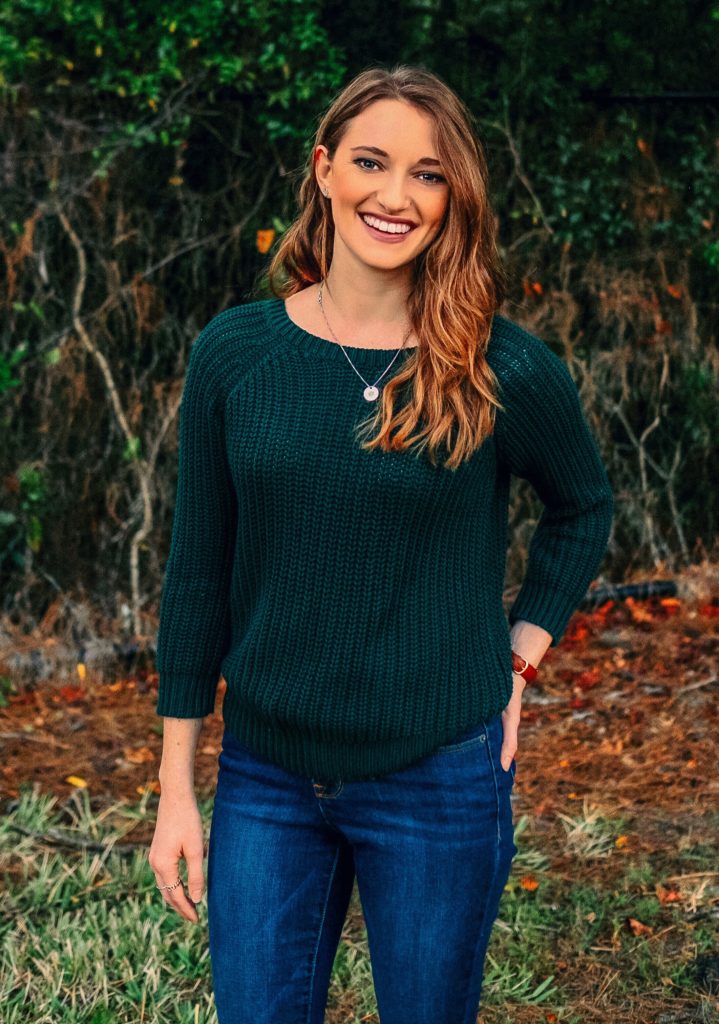
What I’ve Noticed Along the Way
Aphasia patients are the most hardworking, motivated people that I work with in the field.
Patients with aphasia always have a smile on their faces when I walk in and always express their gratitude for the help. They want to be able to communicate more than anything, and I love being around people with that kind of drive and work ethic.
Even today, I asked my aphasia patient to state one future goal and he said, “I want to continue speech therapy until my speech is perfect.” I also love the creativity that comes with working with aphasia patients because each case is so unique. I feel like I am always coming up with new activities and therapeutic techniques related to the patient’s unique interest and individual aphasia traits. I guess the biggest frustration is getting the patient to understand that the road to recovery could be long because everyone wants a quick fix. With aphasia, there is no such thing.
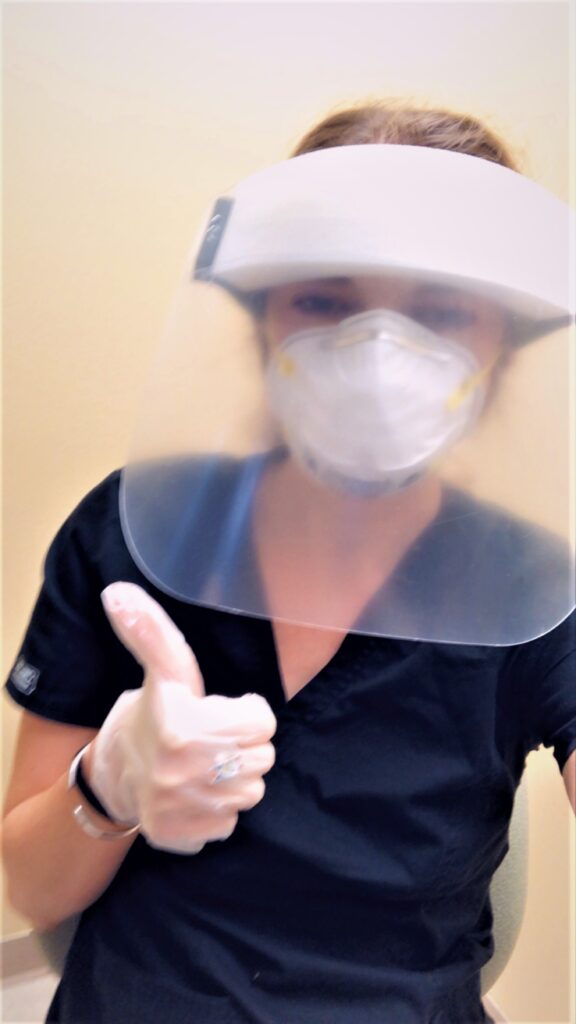
There Are Things That Help
I love Talkpath. Talkpath is great for all types of aphasia. My favorite portion is the naming practice. It gives you 6 types of different cues for you and the patient to work with. This will help you as a clinician to determine which cues work best for the patient. It’s also a good app that patients can practice on their own to maintain/improve function when not in therapy.
And I Encourage New Professionals to Learn About Aphasia
If you want to feel like you are making a difference without a doubt, these are the patients you want to be seeing.
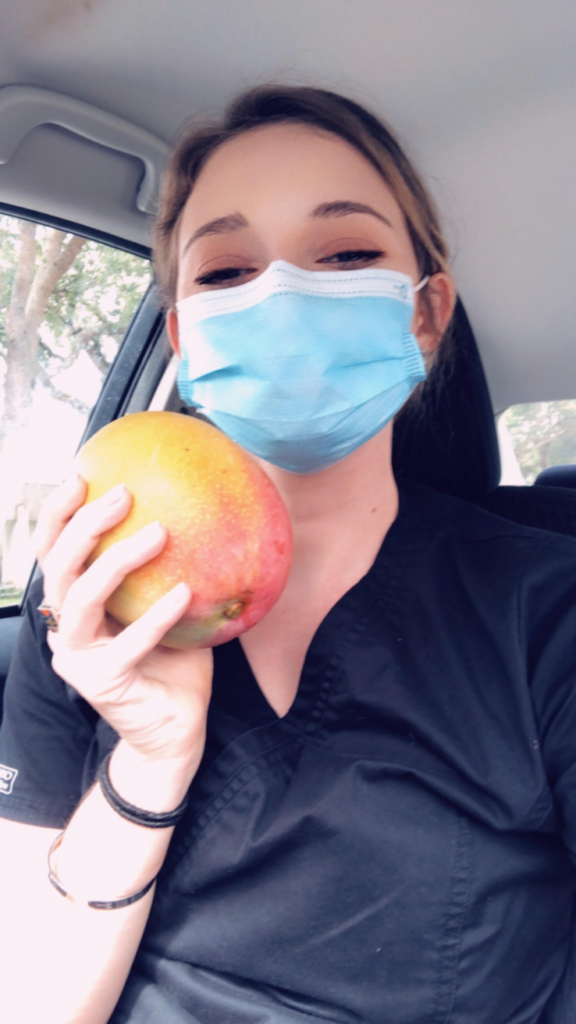
What People with Aphasia and Caregivers Can Learn From Me
The biggest misconception is that aphasia affects intellect. IT DOES NOT! Aphasia is a language disorder. People drastically underestimate the capability of patients with aphasia.
They are so capable and the sky is truly the limit. They need encouragement from the speech therapist, other professionals, and their family to reach their potential as it is very easy to become discouraged after a life-changing medical event such as a stroke.
About 1/3 of all stroke patients will have aphasia. It’s more common than you probably think. Be an advocate, spread awareness. Just because someone with aphasia may not be able to tell their story, doesn’t mean they don’t have one.

Want to Be Featured in a Future Article?
Aphasia Threads is an on-going project created by the National Aphasia Association. If you’d like to be featured, don’t leave a comment.
Instead, please read the opening post for more information or fill out our form and we’ll contact you.



